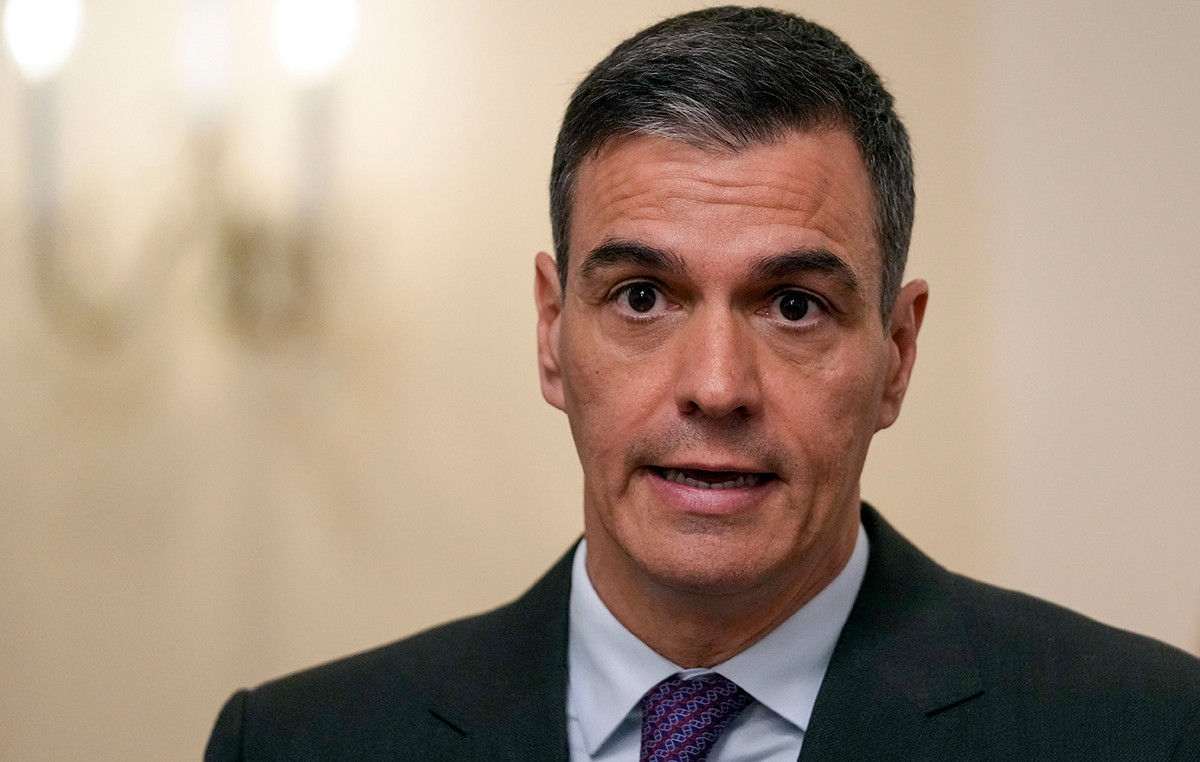The president of the Chamber of Deputies, Arthur Lira (PP-AL), said last week that he will schedule a vote for this Tuesday (24th) on a project that establishes a ceiling for ICMS collection.
According to Lira, the objective is to vote on a law that classifies fuel, electricity, telecommunications and transport as essential goods and services, with a maximum tax rate of 17%.
“This is not a political or ideological debate. It’s a country debate. I will call on all powers to reflect on the emergency reality of today’s world, which affects the people and requires institutional actions with the vision of the Nation”, said the deputy, on the occasion.
Lira’s statement generated a reaction from the states, which estimated a loss of R$ 100 billion in revenue with the approval of the project.
The economics analyst CNN Priscila Yazbek analyzed data on ICMS collection by states in the first quarter of this year, based on information provided by Confaz.
In the national average, the collection with the tax on oil, fuels and electric energy corresponds to 29.9%, being 19% belonging to the first category and 10.9% to the second.

With the record collection in recent months, the states have more than R$ 440 billion in cash. If you remove the bonds, they have about R$ 77 billion in cash.
Priscila Yazbek pointed out that the states claim that the collection takes place at an atypical time, due to high inflation, expensive oil, wage freezes and debt forgiveness by the federal government.
Since the record collection is not something structural, just due to the circumstances, the tax reduction could fulfill the purpose of lowering the price of fuel in a short term, but it would possibly cause a collection problem to the states in a longer period.
Alagoas has 21.3% of the ICMS collection on oil, fuel and electricity, categories that are in Lira’s sights for the proposed ceiling. On the other hand, Piauí registers 47.8%, almost half of the collection.
Source: CNN Brasil
I am Sophia william, author of World Stock Market. I have a degree in journalism from the University of Missouri and I have worked as a reporter for several news websites. I have a passion for writing and informing people about the latest news and events happening in the world. I strive to be accurate and unbiased in my reporting, and I hope to provide readers with valuable information that they can use to make informed decisions.







